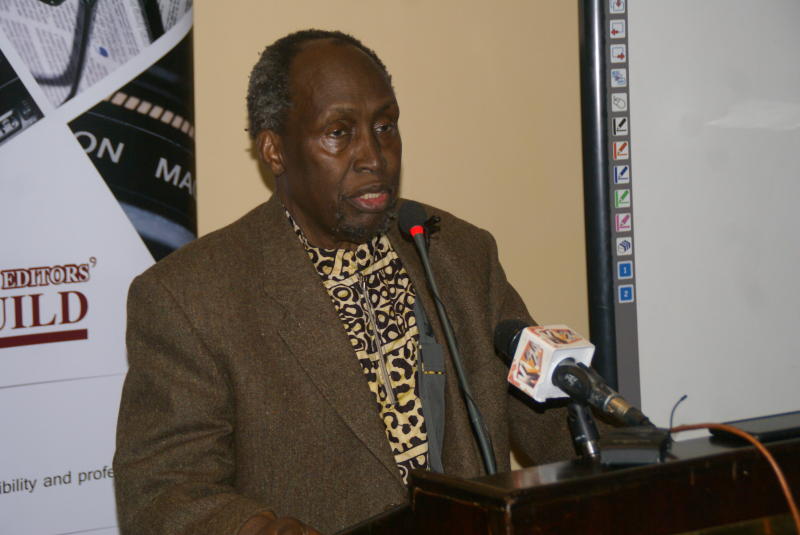×
The Standard e-Paper
Join Thousands Daily

If Kenyan-born author Ngugi wa Thiong’o was a character in a fictional work, he would be categorised as flat. For Ngugi in the late 1970s and his advocacy for the use of local languages in literature embodies the same spirit in 2019.
During a discussion on the use of local languages in the Competency Based Curriculum this week, Ngugi spoke candidly about the value of African languages.